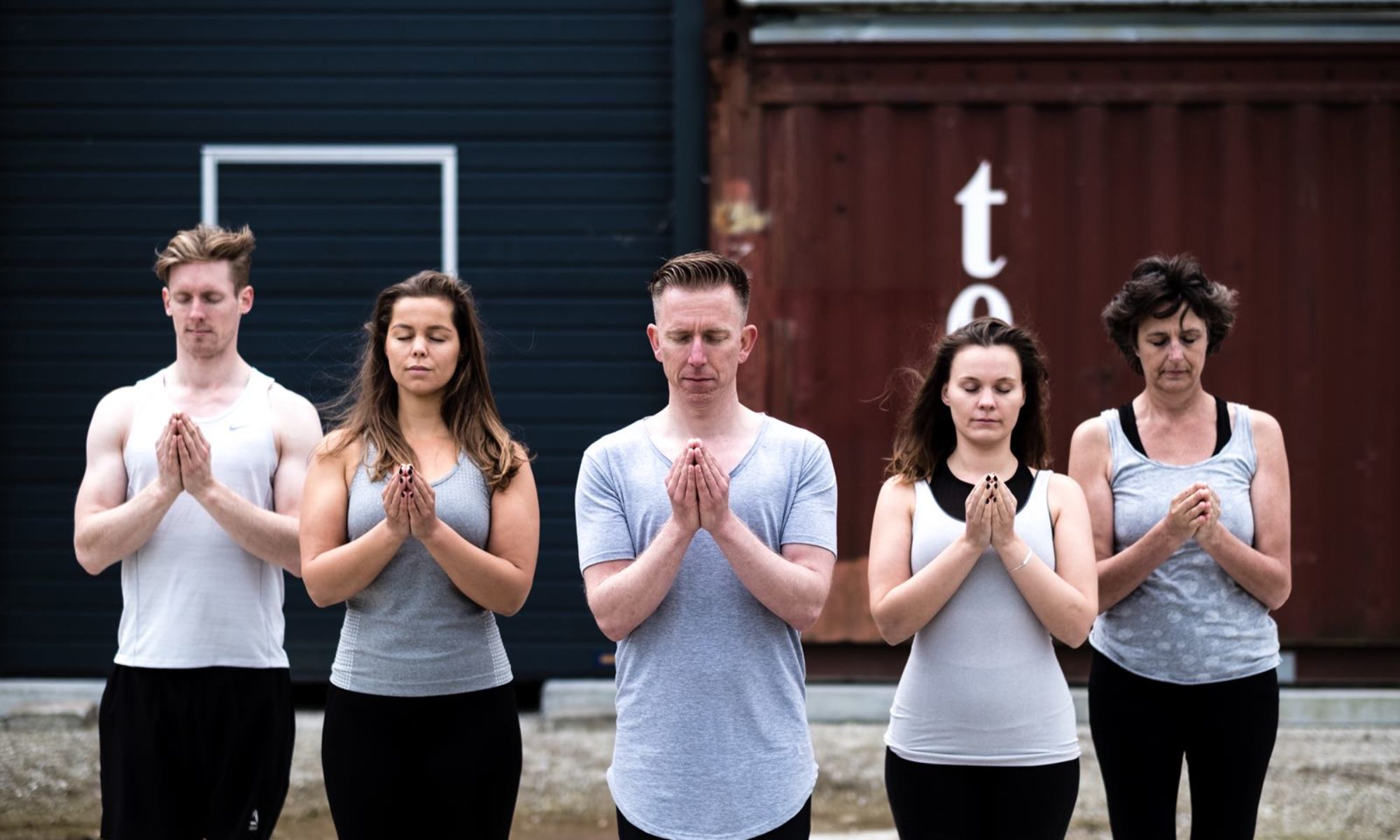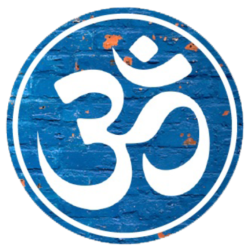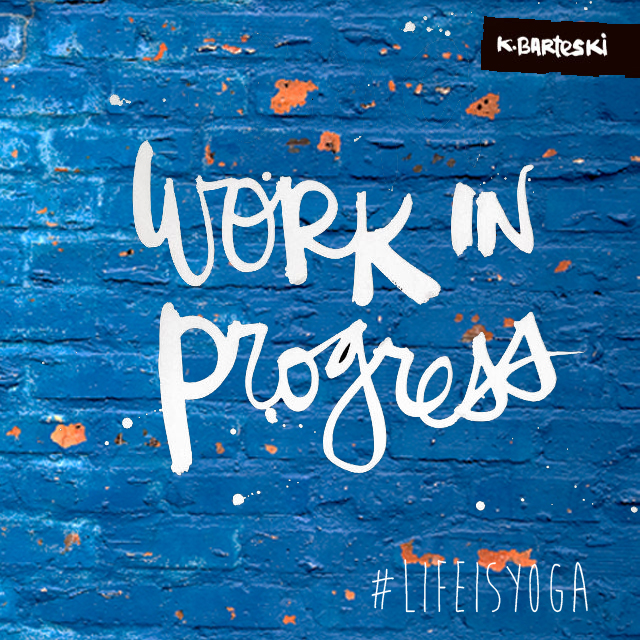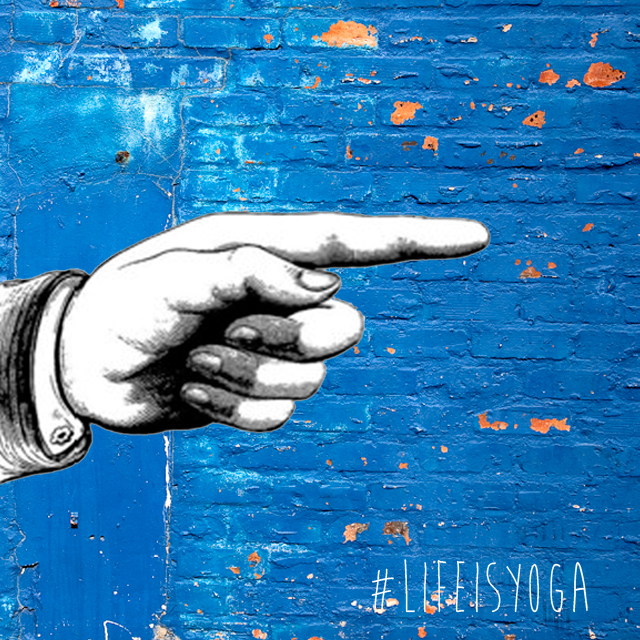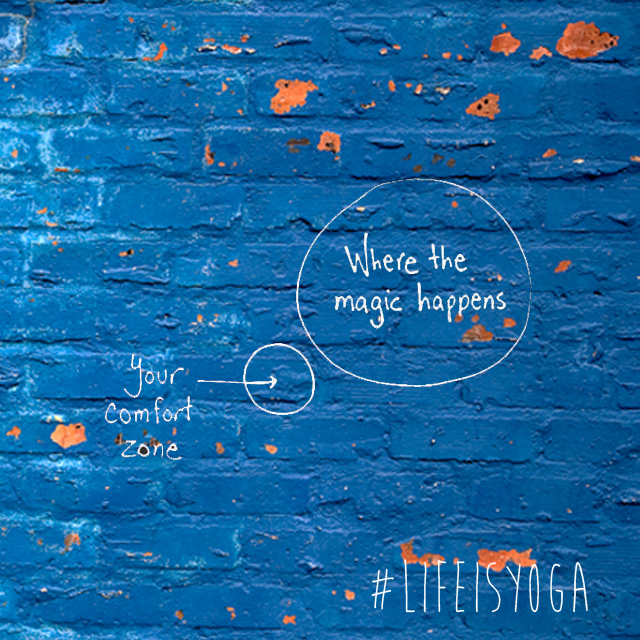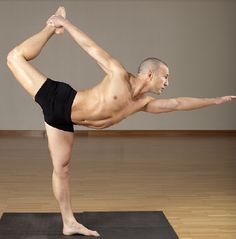Wriggle
Sometimes we wriggle ourselves to get something done. To change our behavior or even the world around us. Nobody is perfect. Even I am fed up with the things I do. My stubbornness gets in the way big time sometimes. And there are moments where I can be really stubborn. Often leading to frustration in my surroundings but mostly to frustration of myself. Change those habbits for once. Try and be flexible from one moment to the next and try to listen to your surroundings. How do you do that?
Just do it
Well, just do it. Just DO it! There is one but. It doesn’t happen from one moment to the next. We need time to get used to new behavior. Look at it as learning to walk. When you were young you also needed to practice that.
And if you don’t succeed the first time? Know that you are not a total failure. Yoga means ‘controlling the fluctuations of the mind’. It deserves practice. Practice makes perfect.
Trying
Actors do the same thing. Before a theatre group presend a play on stage, they hit the rehearsal studio. They seek the peace and quiet for a month or two, where they really focus on ‘constructing’ a character and constructing the story. Actors are trying, repeating, rehearsing consciously. Aiming at reproducing it in the end. It has become a habit to act like the character.
Rehearsing
You also require the time and the rehearsal studio to practice. Find moments in your every day life to practice. Maybe there are situations where you could try a part of that behavior (onnoticed). Every time consciously trying that new behavior. It’s almost like meditation; focussing on one thing. And it almost touches pratyahara ‘abstention’. At the moment that you can separate behavior, thought and feeling, you’ll grow a little. You’ll transform to a richer and truer person.
You’re on the right path…
Exercise
ASANA: Write down which poses frustrates the most. Why does it frustrate you? Maybe it seems weird, but the frustration is a gift. The frustration is trying to tell you something valuable. So when you start to feel you are blocked in doing the pose, ask yourself ‘where do I find the gift to success?’
